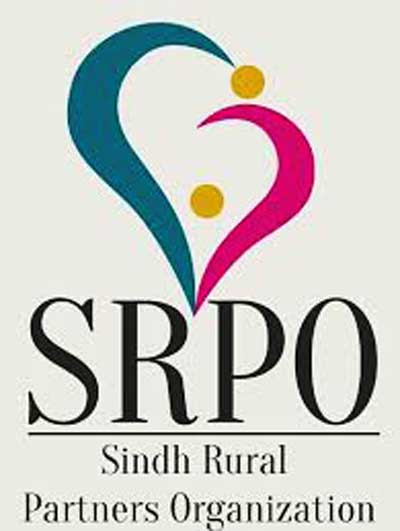
The livestock in Thar desert, the drought-hit arid region in eastern Sindh and home to a large number of livestock with over 7 million animals, is facing malnutrition and death due to drought-like situation, disclosed a rapid need assessment conducted by Sindh Rural Partners Organisation (SRPO).
The data compiled by the SRPO indicated that there were 937 households in eight villages who owned a total of 8,061 small animals (goats and sheep) and 1,799 large animals (camels and cows). The mortality rate among animals is reported to be up to nine per cent in goats, 13 per cent in sheep, and five per cent in cows and camels, according to the report, which added that the animal deaths are linked to shortage of fodder.
Though the recent winter light showers have created a hope for the people in drought-stricken Thar desert for better crops during the season, they need immediate support in terms of food stuff and fodder for their animals as rains remained very low during the last monsoon season.
The provincial government claims to have provided wheat for the drought-hit desert people, but activists have voiced concerns over the food distribution system, which could not cover the wider area in the desert. Apart from this, the activists believe that an urgent provision of fodder is extremely necessary to save the livestock.
To face such calamities, people are looking for some sustainable coping mechanism, which unfortunately does not exist in the remote desert areas of Tharparkar district. Communities reluctantly borrow loans from microfinance institutions on heavy markup rates. Therefore, provision of livestock fodder to protect their assets and restore livelihood source is an immediate need of the communities, the report suggests.
SRPO Executive Director Zahida Detho claims to have helped 2,500 drought-affected households through distribution of livestock fodder (vanda+ wheat straw) for 16,500 small and 600 large animals for two months. In addition, 100 extremely vulnerable households are being provided with cash assistance of Rs 6,000 each per month for two months.
She said they have set priorities to help poor households having widows, women, disabled persons and children, who are in special need. She said due to the drought and shortage of fodder, Thari communities migrate to barrage areas along with their livestock. In case of any emergency, they sell out their traditional assets like livestock on less prices. “Since they don’t have cash to purchase fodder for their herds, so the animals lose weight or become sick. In drought-like situation, they even cannot afford to buy food for their families. For food of their own, they sell their animals,” she added.
Detho was with community volunteers at the Village Dehwar, UC Jhirmiryo, Taluka Diplo, Tharparkar district, distributing fodder to the needy people. She said prior to distribution of fodder, they had arranged 100 livestock management sessions with communities and with the support of provincial livestock department a 15-day campaign was launched to vaccinate 25,000 animals in the area. A total of 2,600 households comprising 18,200 beneficiaries have been helped under this intervention, she said.
She lauded the efforts made by the field staff and veterinary officers for ensuring vaccination to animals in remote areas and drenching services provided to community at their doorstep. She said they would like to strengthen collaboration between government authorities and NGOs so that real issues of the vulnerable communities can be addressed timely.
Sindh Minister for Livestock and Fisheries Abdul Bari Pitafi while speaking at the food distribution ceremony in village Dehwar appreciated the organisation’s efforts for protecting productive assets and livelihood of the communities. He appreciated these timely initiatives taken by the local organizations. He said the provincial government has also planned to distribute fodder to assist badly affected desert people.
Secretary of livestock department Kazi Aijaz Mahesar shared that they have provided Rs 50 million to the Thar Foundation for distribution of fodder. In addition, the provincial government is going to allocate more budget for the same purpose. He said since the government has limited resources, the role of NGOs is very imperative at this stage.
Dr Jai Mal Dhanani, former vice chancellor of Sindh Agriculture University Tando Jam, said these herders deserve support at this difficult time. “I belong to Thar and know the ups and downs of the nature … drought always brings challenging situation for the communities,” he said.
Published in Daily Times, February 2nd 2019.